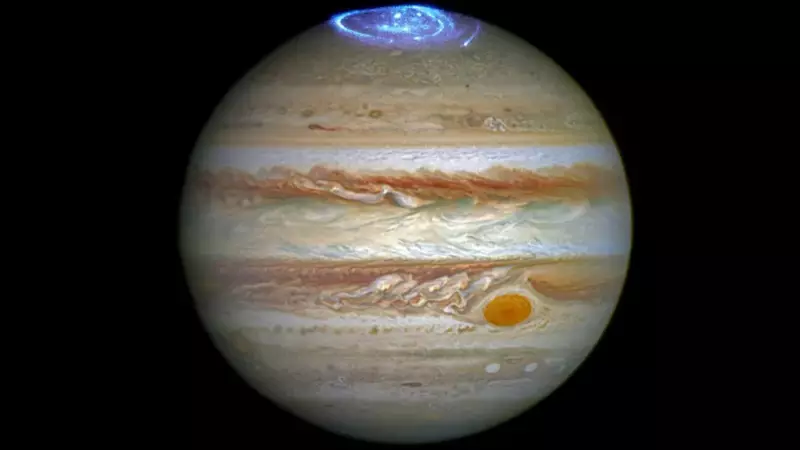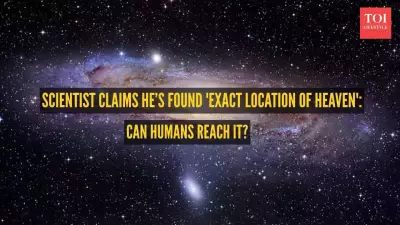
In a stunning revelation that rewrites our understanding of planetary evolution, scientists have uncovered Jupiter's role as Earth's ultimate cosmic bodyguard. New research suggests that without the gas giant's gravitational influence, our planet might have been doomed to spiral into the Sun during the solar system's violent infancy.
The Chaotic Dance of Early Planets
During the solar system's formation approximately 4.5 billion years ago, planets weren't fixed in their current orbits. They engaged in a gravitational tug-of-war, migrating inward and outward in what scientists call the 'Grand Tack hypothesis.' This planetary shuffle created a dangerous environment where Earth's survival hung in the balance.
Jupiter's gravitational might acted as a stabilizing force, creating a protective barrier that prevented smaller planets like Earth from being pulled toward the Sun. The research indicates that Jupiter's massive presence disrupted what could have been a catastrophic chain of orbital events.
A Delicate Balance for Life
The implications of this discovery are profound. Had Jupiter not been positioned precisely where it was during these critical early stages, Earth might never have developed the stable, life-friendly orbit we take for granted today.
- Jupiter's gravity created a 'safety zone' for terrestrial planets
- The gas giant prevented orbital instabilities that could have doomed Earth
- This protection was crucial during the first 100 million years of solar system formation
- Without Jupiter's intervention, Earth might have become another scorched world
Rethinking Our Cosmic Neighborhood
This research doesn't just explain our past—it helps scientists understand exoplanet systems throughout the galaxy. The presence of gas giants in other solar systems could be a key indicator of whether rocky planets have stable orbits capable of supporting life.
The study combines sophisticated computer simulations with observational data from NASA missions, providing the most comprehensive picture yet of how our solar system evolved from a chaotic disk of gas and dust into the orderly arrangement we see today.
As we continue to discover exoplanets around distant stars, understanding Jupiter's protective role gives astronomers new criteria for identifying potentially habitable worlds. The giant planet that dominates our night sky may be the very reason we're here to observe it.





